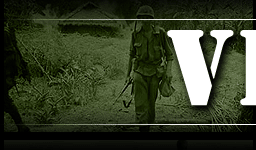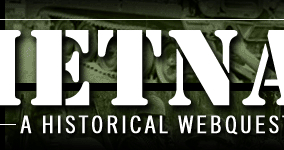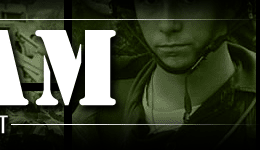


ROLES
Have each member of the group choose one of the five roles listed below so that he or she may become the group's expert on the Vietnam war from that particular viewpoint. All roles should be filled.
HISTORIAN
You were doing some final editing of your latest book when the President summoned you to the White House. The book is a history of the spread of Communism in the 1950s, a subject about which the President was very interested. As a historian, you construct narratives that explain not simply what happened, but why and how. Economics, politics, culture, religion, war….these are but a few of the lenses through which you find order in the oftentimes tangled events of history.
Your task is to analyze the international circumstances and events that precipitated the Vietnam war, as well as the conflict's continuing implications around the world.
PRESS SECRETARY
As Press Secretary, you are the primary spokesperson for the President and the White House. In addition to putting on the best possible face for an endless parade of journalists, the President counts on you to be finely attuned to the mood of the media and, far more importantly, the public. Public opinion has sunk policies as well as presidents. It has also saved them.
Your task is to assess the shifts in public opinion throughout the course of the Vietnam War. Also pay close attention to the mood and role of the media.
MILITARY ADVISOR
You were one of the first American servicemen to march into North Korea in 1950. You received the Silver Star for your bravery and went on to develop strategy as a Brigadier General during the Vietnam War. Now retired from active service, you are a valued advisor to the President, bringing your prodigious martial wisdom to bear on conflicts around the world. You have come to consider yourself a historian first and a warrior second, always looking to the lessons of the past to inform wise decision for the present.
In addition to considering how military strategy during the Vietnam War succeeded or failed, your task is to think about its broader implications on support for the war and America's standing around the world.
POLITICAL ADVISOR
Running a country is complicated business. Balancing the demands of countless issues domestic and foreign is juggling the likes of which no one has ever seen. The President counts on his political advisor to help keep the balls in the air. How the demands of the world and the will of the people meet and take shape within our government, especially in our legislature, is on your mind every waking minute, and quite a few of your sleeping ones.
Provide an analysis of the primary machinations of government that were afoot during the Vietnam War. How did these interfere with or encourage the conflict's continuation or resolution?
SECRETARY OF EDUCATION
While the largest part of your job involves the systemic management of America's educational system and developing policy towards that end, you are also closely attuned to the mood of millions of young people and students, who during the Vietnam War came to be an important and often progressive voice in American discourse. With the Vietnam War, millions in your charge found their government asking of them far more than they had ever anticipated and voiced their diverse opinions, loudly.
Examine student sentiment about the Vietnam War, paying especially close attention to the implications of the national draft.